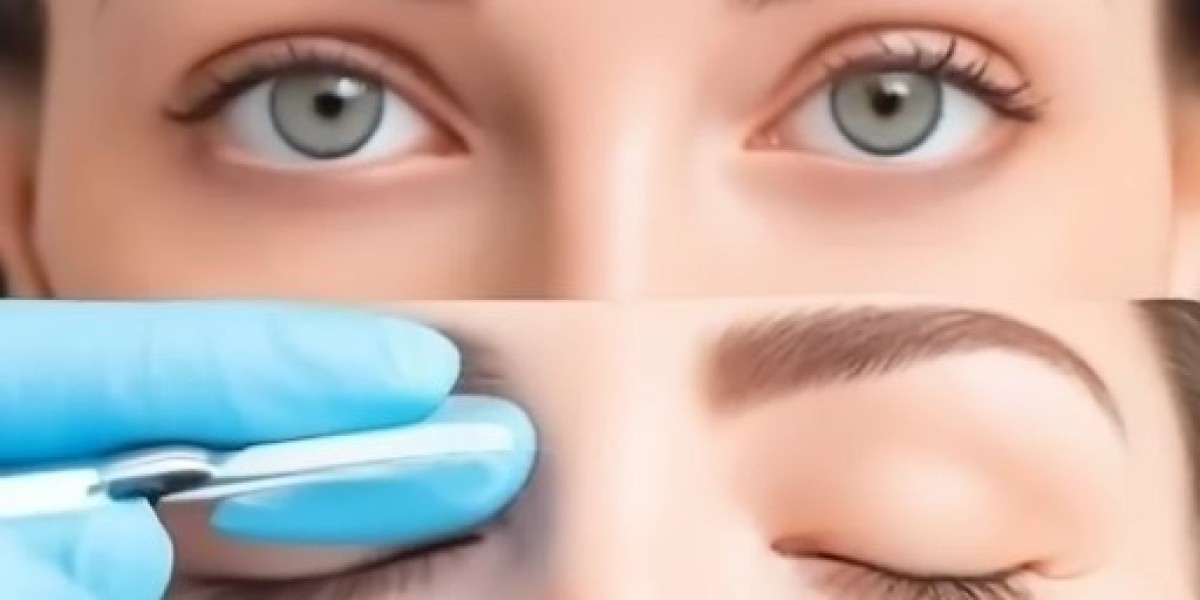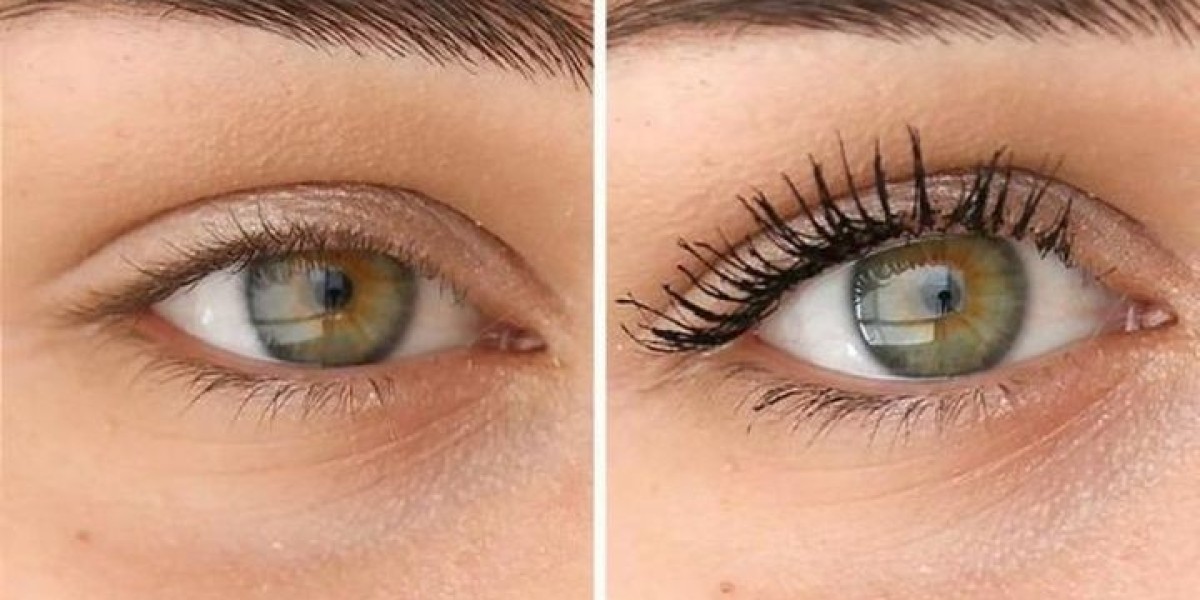Understanding LASIK and Its Requirements
LASIK is a widely used laser eye surgery that corrects vision by reshaping the cornea, reducing or eliminating the need for glasses or contact lenses. While it is a safe and effective procedure for most people, certain medical conditions can impact eligibility. Multiple sclerosis (MS), a chronic autoimmune disease affecting the nervous system, raises concerns when considering LASIK. Since MS affects nerve function and can cause visual disturbances, patients must carefully evaluate whether LASIK is suitable.
What Is Multiple Sclerosis?
Multiple sclerosis causes the immune system to mistakenly attack the protective covering of nerves, leading to communication issues between the brain and body. Symptoms vary from person to person and can include muscle weakness, fatigue, coordination problems, and vision disturbances. Since LASIK involves eye health and nerve function, MS patients must undergo a detailed evaluation before the procedure.
Can People with Multiple Sclerosis Get LASIK?
Having MS does not automatically disqualify someone from getting LASIK, but several factors need to be considered to ensure a safe and effective outcome. The primary concerns involve nerve function, healing ability, and the stability of vision.
Impact of MS on Healing
LASIK involves creating a flap in the cornea, and proper healing is essential for success. Some MS patients may have a slower healing response due to immune system dysfunction. A weakened immune system increases the risk of infection, delayed recovery, or complications such as corneal haze.
Stability of Vision Prescription
For LASIK to be effective, a person’s vision prescription should remain stable for at least a year. MS can cause fluctuations in vision due to optic neuritis, a condition where the optic nerve becomes inflamed. LASIK may not provide long-term benefits if a patient experiences frequent vision changes.
MS-Related Dry Eye Syndrome
Many MS patients experience dry eye symptoms due to nerve damage affecting tear production. Since LASIK can temporarily worsen dry eyes, people with MS may have increased discomfort after surgery. Severe dry eye syndrome can lead to blurry vision and prolonged healing, making it an essential factor to consider before undergoing LASIK.
Neurological Impact on Eye Health
MS can cause nerve-related vision problems such as optic neuritis, double vision, or uncontrolled eye movements. LASIK only corrects refractive errors like nearsightedness, farsightedness, and astigmatism, but it does not treat neurological issues. If vision problems are caused by MS rather than a refractive error, LASIK may not be beneficial.
How to Determine If LASIK Is a Safe Option for MS Patients?
Before undergoing LASIK, MS patients must go through a comprehensive eye examination and medical review. Important factors an eye doctor will evaluate include:
History of Optic Neuritis
Optic neuritis is a common MS-related vision problem caused by optic nerve inflammation. It can lead to temporary or permanent vision loss. If a patient has a history of optic neuritis, an ophthalmologist will determine whether LASIK can provide meaningful vision correction.
Current Disease Progression
MS can be relapsing-remitting or progressive. Patients with stable, well-managed MS and no recent relapses may have better LASIK outcomes. Those experiencing frequent relapses or worsening neurological symptoms may face higher risks.
Use of Immunosuppressant Medications
Some MS patients take immunosuppressive medications that affect wound healing and increase the risk of infection. A patient on long-term immunosuppressants must discuss the potential impact with their doctor before proceeding with LASIK.
Presence of Severe Dry Eye Symptoms
Dry eyes can significantly impact LASIK results. Patients with severe dry eye symptoms due to MS may need additional treatment before and after LASIK to maintain comfort and vision clarity.
Alternative Vision Correction Options for MS Patients
If LASIK is not suitable due to MS-related concerns, other vision correction options may be considered:
PRK (Photorefractive Keratectomy)
PRK may be a better option for those at risk of slow healing or flap-related complications. However, PRK has a more extended recovery period, and dry eye symptoms may still occur.
SMILE (Small Incision Lenticule Extraction)
SMILE is a minimally invasive laser vision correction procedure that may reduce the risk of dry eye symptoms compared to LASIK. It could be a safer alternative for MS patients with mild dry eye concerns.
Contact Lenses or Glasses
For MS patients who are not ideal candidates for laser eye surgery, high-quality contact lenses or glasses remain the safest and most effective option. Customized contact lenses, such as scleral lenses, can comfort those with dry eye issues.
Preparing for LASIK with Multiple Sclerosis
If an MS patient is deemed a suitable candidate for LASIK, careful preparation can help ensure a smooth experience and successful healing. Important steps include:
Consulting with a neurologist and ophthalmologist: Both specialists should assess whether LASIK is safe and beneficial.
Managing MS symptoms before surgery: Patients should aim for stable MS symptoms and no recent relapses before undergoing LASIK.
Using prescribed eye drops: Lubricating eye drops should be used before and after surgery if dry eyes are a concern.
Following post-operative care instructions: Proper aftercare promotes healing and reduces complications.
When to Avoid LASIK with Multiple Sclerosis?
LASIK may not be suitable for all MS patients, especially in the following situations:
If the patient has a history of optic neuritis or severe MS-related vision problems
If the disease is progressive and vision changes are frequent
If the patient is on potent immunosuppressants that impact healing
If severe dry eye symptoms make surgery uncomfortable and recovery difficult
While multiple sclerosis does not automatically prevent someone from getting LASIK, several factors must be carefully considered. Vision stability, immune system function, dry eye symptoms, and the risk of optic neuritis all play a role in determining LASIK eligibility. Patients with mild, well-controlled MS who do not have a history of optic neuritis may still be good candidates for LASIK.
However, those with significant vision complications related to MS may need to explore alternative vision correction options. Consulting a neurologist and an ophthalmologist is crucial to making an informed decision about whether LASIK is safe and effective.








